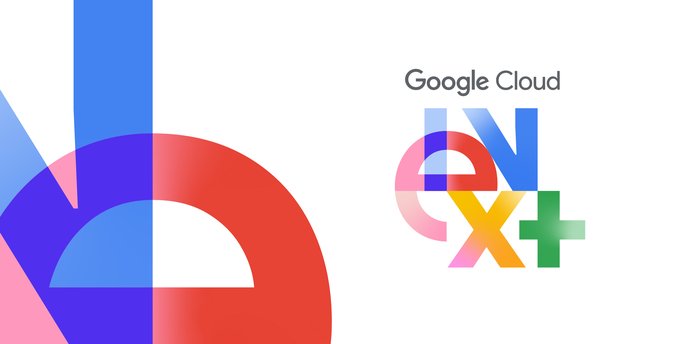UC Davis, VALID AI and Google Cloud collaborate to overcome SDOH Challenges with generative AI
Brent Mitchell
Vice President, Google Public Sector
Social Determinants of Health (SDoH) are the conditions and environments in which people are born, live, work, play, worship, and age[1]. Addressing SDOH is particularly important when supporting underserved patients, reducing health disparities, and improving health outcomes for the most vulnerable populations.
Extracting SDOH information from Electronic Medical Records (EMR) presents significant challenges because data represented in the medical record is often unstructured. Variability in SDOH documentation, data quality and completeness, and privacy and equity concerns also arise. Those challenges have made it difficult to provide personalized, holistic and proactive care.
To address the current SDOH challenges, UC Davis Health, a leader in innovative and inclusive healthcare, recently launched the SDOH Challenge, an initiative led by Valid AI — a collective of health systems, insurance carriers and partners that includes UC Davis Health — to promote the use of generative AI in healthcare.
Google Public Sector is supporting the SDOH Challenge by co-designing, with UC Davis Health and additional health systems and health plans who are joining the challenge,, a generative AI sandbox that helps the research community accelerate breakthrough innovations in an open-source framework to answer complex questions faster, in a reproducible, responsible and secure manner. The initial use cases in the challenge are designed to have a meaningful impact on patient outcomes and include:
- Transportation: Patients lacking reliable and convenient transportation often skip or delay medical appointments. Health systems can leverage SDOH to identify patients with limited or no transportation options (e.g., cars, bus, metro) and automatically trigger booking of rideshare services for appointments or refer them to local transportation resources.
- Housing: A patient’s housing status - either without housing or inconsistent housing (housing insecure) - ,can impact health outcomes significantly. Visibility into housing information would allow providers to partner with social services to offer targeted support such as emergency housing, rental support, and/or permanent housing.
- Food and Nutrition: Food insecurity, a key social determinant of health, affects a patients' ability to maintain a healthy diet, crucial for managing conditions like diabetes and heart disease. Data on food insecurity enables healthcare providers to direct patients to services like food banks, meal delivery programs, or assistance with enrolling in social services like the Supplemental Nutrition Assistance Program (SNAP) and Women, Infants & Children (WIC).
- Education and Employment: Education and employment are two major SDOH factors that significantly impact health via income, health literacy, and access to care (and insurance). Health systems can help improve patients' socioeconomic status by referring them to job training, education programs, or employment assistance.
- Language Support: Language and health literacy are key SDOH variables to support a patient’s access to care. Implementing multilingual support systems within healthcare services, which include translation services, bilingual healthcare providers, and multilingual educational materials, can bridge the communication gap. This support ensures that all patients, regardless of their linguistic abilities (or primary language), have equal access to health information, services, and interactions with healthcare professionals to optimize their engagement, comprehension, and health outcomes.
Google Cloud has a solid track record of supporting innovative research that expands access and addresses inequities in healthcare. Google Cloud’s support of the SDOH Challenge is just the latest in a long standing collaboration with the University of California, which dates back to 2017. Google Public Sector has committed Google Cloud credits to this initiative through our Google Cloud Research program. The program will also give access to training on GenAI and other cloud tools that will enable researchers to get as much value out of the GenAI sandbox as possible, and pair our experts with peers at UC Davis Health.
The goal of this collaboration is supporting SDOH Challenge participants to contribute to providing tomorrow's healthcare, today at UC Davis Health. It will also permit VALID AI Collective and partnering health care organizations of all sizes to shorten the time to deploy these innovations from the research lab to production across the country and internationally. Dr Ashish Atreja, CIO and chief digital health officer at UC Davis Health and founding chair for VALID AI said “We have a unique opportunity to work together with industry and academia in an open innovation framework to make social vital signs a reality for all care settings. We are excited to have Google Cloud join us to support healthcare organizations of all sizes co-create this public good.” Google Cloud is proud to join forces with UC Davis Health and VALID AI to deliver more equitable and inclusive healthcare and look forward to bringing the power of generative AI to deliver a modernized experience of healthcare research.
Learn more about Google Cloud’s generative AI and data solutions for researchers here.
1. NIH Common Data Elements and Social Determinants of Health


